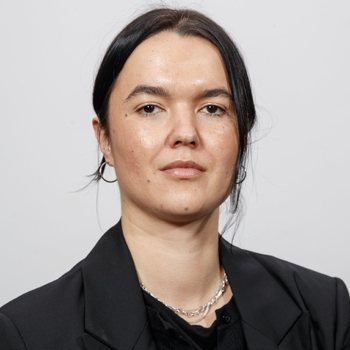Porirua community members and local mana whenua have held their first citizens’ assembly to brainstorm how they can prepare for climate change and repair damage in their local environment.
A group of locals

Porirua community members and local mana whenua have held their first citizens’ assembly to brainstorm how they can prepare for climate change and repair damage in their local environment.
A group of locals aged 8 to 80 came up with a range of recommendations. These included establishing the Youth Council, putting two sets for young people on the Porirua City Council and incentivising private land owners in afforestation – the process of establishing a forest in a new area.
The group also recommended converting bare land in their rohe (area) for carbon credits, better integrating traditional ecological knowledge in restoration efforts, and improving transparency in the motivations of those running for council.

One hundred people participated, 50 mana whenua and 50 Pākehā community members.
Ngāti Toa leader Helmut Modlik was attracted to the idea of a citizens’ assembly because he felt it offered a better alternative to local and central democracy. He described a citizens’ assembly as “explicitly deliberative” versus the adversarial nature of governments.
“The assembly was an outstanding success that energised our community and caught their imagination. It has enabled us to believe we can take more control of our community than we had previously been thinking.”

From here, Ngāti Toa will present the recommendations to local community leaders and stakeholders and the Government, before planning how they can action the recommendations themselves.
“We need to own our own space in terms of our implementation because it isn’t about asking people to do stuff, this is about everyone having skin in the game in Porirua.”
A citizens’ assembly involves bringing together a group of people who are representative of their community to discuss certain issues of strong public interest. The group then produces recommendations.
Ngāti Toa and democracy group The People Speak dropped 12,000 invitations in letterboxes. Fifty people were randomly selected to participate alongside another group of 50 mana whenua.
Recommendations for rangatahi (young people) included:
Infrastructure:
Te Taiao (natural world) recommendations included:
People recommendations:
Approach and implementation recommendations:
Julia Gabel is a Wellington-based political reporter. She joined the Herald in 2020 and has most recently focused on data journalism.